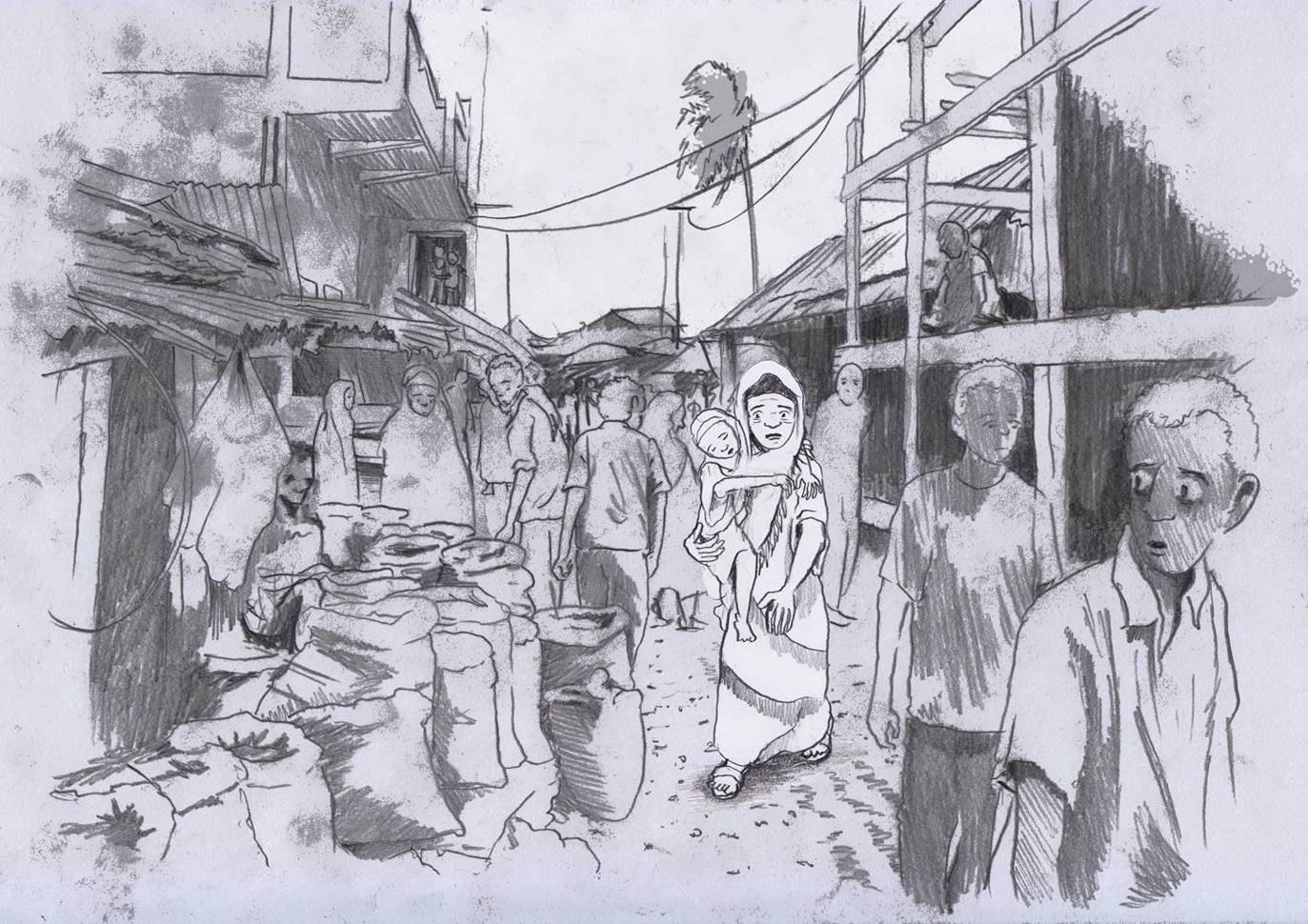
This academic workshop focuses on political agency and moral action before, during and after violent conflict and war.
Research in contexts of war often focuses on violence or studies how people cope during and after war and displacement. We know far less about the many small and large acts of resistance to dehumanizing trends of exclusion and abuse in times of war and oppression. What are defining moments when people’s political agency is awakened? Why do individuals engage in acts of empathy, care and protection towards others? When and how do individuals mobilize larger non-violent collective movements and what changes have occurred in such mobilizations as a consequence of technological developments? How do professionals inspire social justice activism during or after war and oppression? And what role do education and art play in these processes? We aim to debate these and other questions in an academic workshop that brings together scholars with a wide background of disciplines, methodological approaches, geographical interests and thematic expertise.
The workshop is organized in conjunction with the research project Societal Transformation in Conflict Contexts (TRANSFORM), which is funded by the Research Council of Norway. It is convened by the TRANSFORM research team. The program looks as follows:
- Political agency in times of violent conflict: exploring the latent potential of civic-driven change - Kees Biekart, ISS
- Empathy, morality and Trauma: what can political neuroscience contribute? - Gernot Ernst, UiO
- The role of political affects in radical political action - Lukas Slothuus, Un of Edinburgh
- Educational space and resistance. A comparative perspective on societal transformation in authoritarian contexts: Spain and Myanmar. Marte Nilsen, PRIO, Tamar Groves, Un de Extremadura
- Activism in Syria: an intersectional perspectives - Amany Selim, Un of Bergen
- Responsibility to protest: an interpretative phenomenological analysis of motives for protest participation in Myanmar - Trude Stapnes, PRIO
- Improving a hospital as resistance: emerging collective action in Northern Somalia in the 1980s - Ebba Tellander, PRIO
- Resisting armed groups in Colombia and Mozambique: why some communities take up arms while others rely on non-violence - Juan Masullo, Oxford University
- The emergence of the non-violence movement in Lebanon - Magnus Dølerud, Un of Bergen
- Creating movement in a deadlocked landscape: artistic dance practice in Palestine and articulations on violence, resistance and hope - Sara Christophersen, PRIO/UiO
- Questioning artists: the work of art in expressing alternatives - Cindy Horst, PRIO
- Confronting the methodological and ethical challenges of studying civilian responses to mass atrocities in a comparative perspective - Daniel Solomon, Georgetown University
- Indigenous resistance to mining in post-conflict Colombia - Diana Arbelaez-Ruiz, Un of Queensland
- Subjectivities of resistance and the urban everyday in Hebron: rethinking the H1/H2 border - Irene Postigo Sanchez, Soas
- Education to save our country. Student activism and the National Education Law in Myanmar - Tamar Groves, Un de Extremadura, Trude Stapnes, PRIO
- Resisting by persisting. Education activism under war in Syria - Kjetil Selvik, NUPI/PRIO
For more information, please contact Trude Stapnes.





